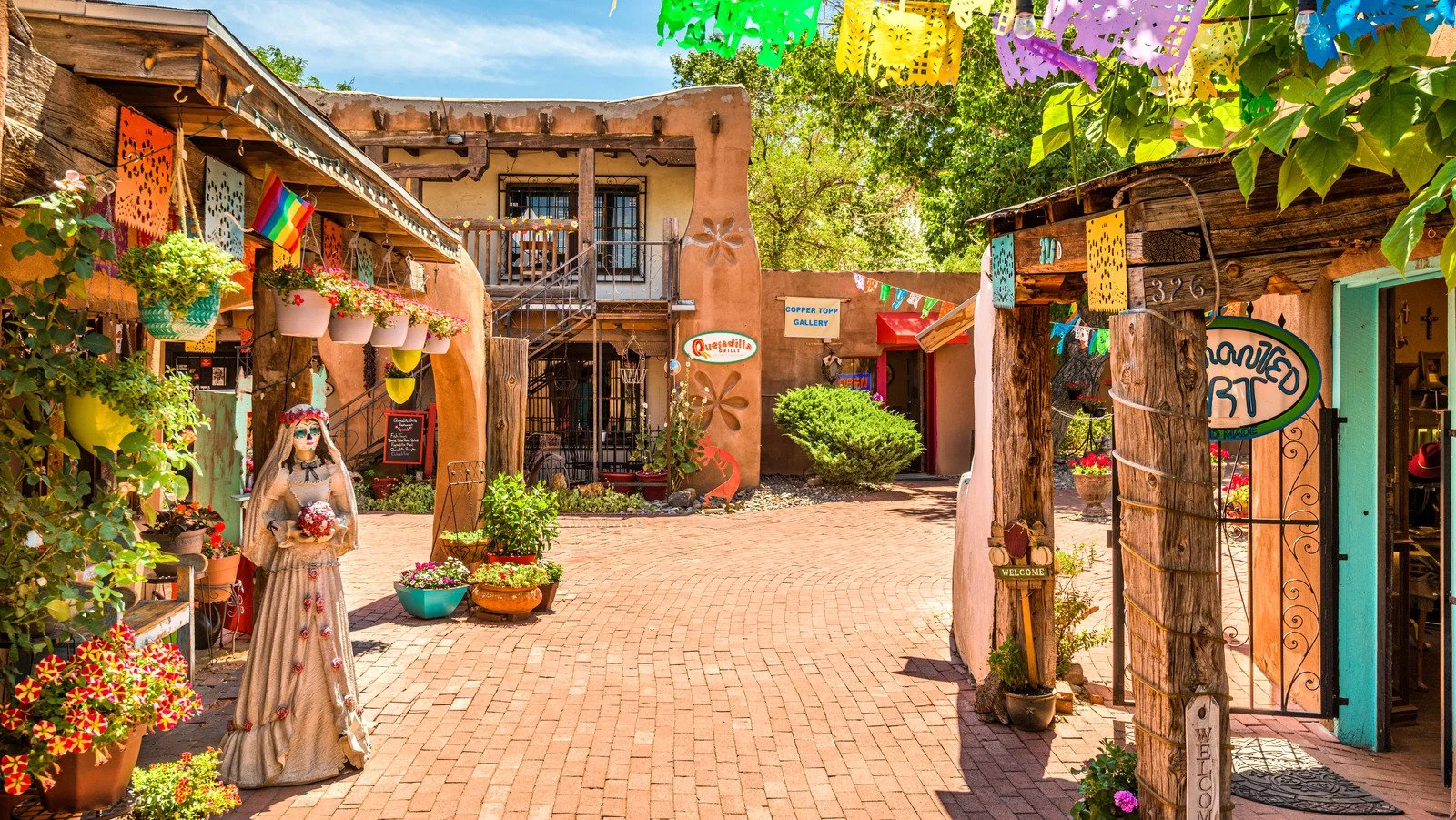The Adroit Journal: “Black Thumb” and “The End of September”
AGNI: “Extinction”
American Poetry Review: “My New Boss Has Been Thinking a Lot About Time”
Boulevard: “The Jennifer Century”
Copper Nickel: “Neighbors”
Florida Review: “The Mammogram”
Georgia Review: “Of Yalta” (Loriane Williams Prize winner), “Pisces,” “Self-Portrait as Alone with Thoughts,” “The Cartographer Gets Lost”
Green Mountains Review: “Afterbirth Abecedarian,” “Juvenilia,” “Jesus Christ Is Looking for Me in Vermont,” “Milk Sickness,” “It’s Ten O’Clock Do You Know…”
Gulf Coast: “My Best Friend’s Abuser Takes Her to Court,” “Self-Portrait as Iphigenia in a Teen Movie Asked to Prom as Part of a Prank”
Iowa Review: “Once I Was a Thimble but Now I Am a Bell”
Kenyon Review: “I Am Twenty-One,” “In the Black Forest,” “Portrait of the Mother: 1985”
LitHub: “When I Say Jesus Was My Boyfriend”
Missouri Review: “Midlife/Midwest”
Ninth Letter: “Variations On”
PBS NewsHour: “The Jennifer Century”
Pleiades: “Self-Portrait as Banshee”
Ploughshares: “Mostly Married, Alone at Night”
Poetry Daily: “Juvenilia,” “Unmappable”
Poetry Northwest: “On a Hike up Prospect Rock with Three Women Sixteen Years My Junior,” “I Have Cried off All My Makeup”
Prairie Schooner: “Twelve” and “Triskelion”
Quarterly West: “Civilization”
The Rumpus: “Lunacy,” “Self-Portrait as Erinyes,” “Panic Attack at Applebee’s”
Sewanee Review: “When I Say Jesus Was My Boyfriend,” “Unmappable,” “After Ever”
Poetry and Writing Things
When I was a kid, didn’t know I wanted to be a poet—I didn’t even know that was a thing you could be. It wasn’t until my 20s that I discovered poetry and began a long, circuitous journey replete with many voltas. (Poetry joke!) After getting my MFA at 30, I stopped writing poetry for nearly eight years, working instead as a newspaper editor and professor. To work through postpartum depression, I turned to poetry again, finally finding my voice and the confidence to share it. (My previous plan having been just saving all my poems until I died when they could then be discovered, ala Emily Dickinson.) My first ever published poem won The Georgia Review’s Loraine Williams Prize; two years later, my first collection won the Agnes Lynch Starrett Poetry Prize. I share this because I believe it’s important to know there’s no one path to being a writer, no template for success. I write to be in conversation with the world, and while that’s enough, here’s a list of some prizes and stuff too because capitalism. I’m also grateful to all who’ve reviewed my work or featured interviews—thank you!
Awards/Fellowships
2021: Anne LaBastille Writing Fellowship, Adirondack Center for Writing
2019: James Merrill Fellowship , Vermont Studio Center
2018: Allen Tate Award for Poetry, Sewanee Review
2017: Sewanee/Claudia Emerson Scholar in Poetry
2016: Agnes Lynch Starrett Prize for Let’s All Die Happy
2016: Bread Loaf-Rona Jaffe Scholar in Poetry
2015: Sara Patton Poetry Award, The Writer’s Hotel
2014: The Georgia Review’s Loraine Williams Poetry Prize Winner
2010: National and NM Press Women Awards (Feature Writing, Section Editing)
2006: University of Arizona Poetry Center Prize
Selected Publications
Interviews and Reviews
“Uncertainty, disappointment, and patriarchy pervade a landscape of lost dreams and unexpected realities in Adair-Hodges’s gloriously sardonic debut…t’s a gritty and bewitching collection that revels in its vulnerability; Adair-Hodges incisively translates visceral emotions into tangible imagery while remaining emotionally fluid and preserving the integrity of her sorrow.”
— Publisher’s Weekly Starred Review of Let’s All Die Happy
“Within these scenes – some natural and timeless, others distinctly modern and manmade – Adair-Hodges prods at the odd details and small events of daily life until they become nightmarish. As a reader, it becomes easy to imagine two parallel scenarios: One where a visit to a chain restaurant is just as bland as we’d expect, an experience to endure on autopilot, and another where the stakes underlying it are on the scale of life and death. As the poet catapults us between these two moods and mindsets, often in the course of just a few lines, it’s hard to pinpoint which reality is scarier: That life is a constant foray into danger, or that it is truly safe, sheltered, and predictable. “
— Review of Every Form of Ruin in Read Poetry
“If one of the secrets to comedy is timing, then one of the secrets to comedy in poetry must be control over rhythm and form, those timekeepers of the reading act. Or so it seems from reading Erin Adair-Hodges’s deft debut book of poems, whose wit is supported by admirable formal skill and range, and which resonates with that undertow of melancholy that a candid look at our shortcomings can inspire.”
